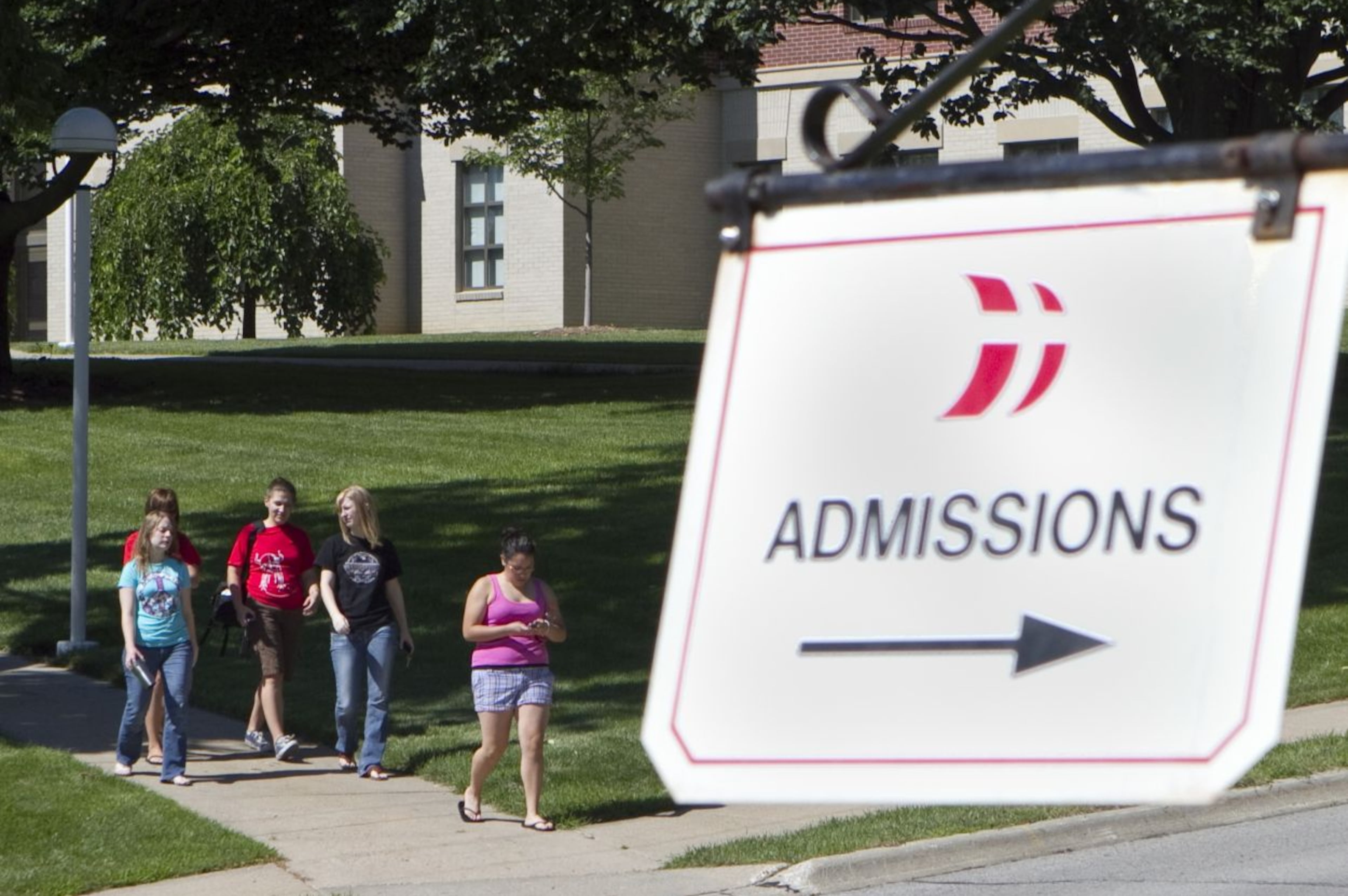Girls Who Game uses Minecraft to expose DeKalb students to STEM













In classrooms throughout Fernbank Science Center, 45 middle school girls are lost in another world — one they’ve created in Minecraft.
For the past two weeks, the DeKalb County students have participated in a program called Girls Who Game. Their goal: Reimagine the 1960s-era science center.
It’s a new challenge for many of the students in the program. Most of them don’t go to one of DeKalb’s schools focused on science, technology, engineering and mathematics, said the district’s STEM coordinator, Andrea Wright.
“Historically, girls are underrepresented in STEM,” Wright said. “And when you look at the data for students of color, it’s even more minimal.”
Women make up 25% or fewer of the workers nationwide in computing and engineering jobs, according to a recent report from the Pew Research Center. Black and Hispanic workers each make up less than 10% of the workforce in all STEM jobs.
Through a partnership with Dell Technologies and Microsoft, Girls Who Game works to provide equitable opportunities for girls. It exposes students to creative problem-solving, communication and collaboration. Maybe a new career path.
And there are signs that it’s working.
In the students’ hands, an exhibit about bees became a playroom in a human-sized hive and a golden walkway. The existing rock garden out back was updated to include a wheelchair lift and a cave for people to explore. The planetarium got holographs and interactive flooring.
“I wasn’t all (that big) of a science fan, but once I came here, it really opened my eyes a lot about how to be a partner, how to collaborate, how to come up with new ideas in a short amount of time,” said Aset Re, a rising seventh grader in the program who was helping to redesign the center’s library. “Science is not just about science.”
Hope-Marie Sooklal, a rising sixth grader working on the honeybee and space exhibits, agreed that most of what she learned had little to do with the computer program.
“The biggest thing I’ve learned is teamwork,” she said.
Girls Who Game started in DeKalb virtually last year, and has expanded to include programs at some schools during the school year. The summer program ends Friday.
Since the beginning of the pandemic, there’s been a national focus on summer learning — both as a way for students to make up lost academic ground, and as an enrichment opportunity.
Partnerships like the one with Microsoft and Dell allow the district to “engage students who are nurtured by innovation, academic challenge, self-awareness and creativity to realize their potential,” said Lenisera Barnes-Bodison, the district’s executive director of curriculum and instruction.



